Men In Nursing 2022
Men In Nursing 2022
Annual Special Feature
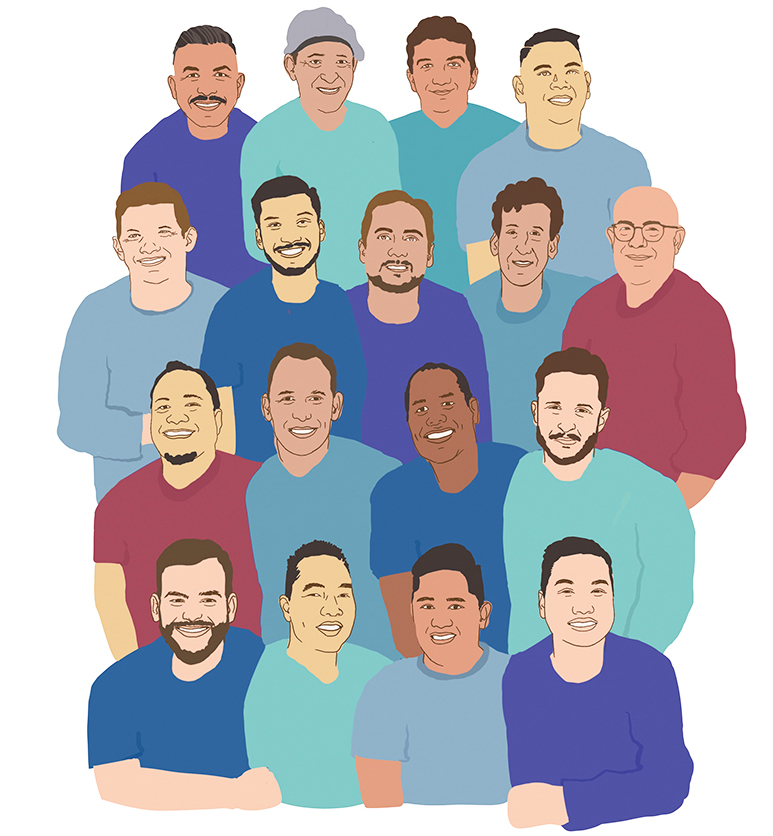
Working Nurse talked to 17 nurses at local hospitals about inspiring moments, exciting specialties, and the hobbies that keep them sane. To see our panel engaging in their hobbies — from mountain climbing to mixing craft cocktails to triathlons — as well as snapshots of their adorable pets, visit the digital flip magazine.
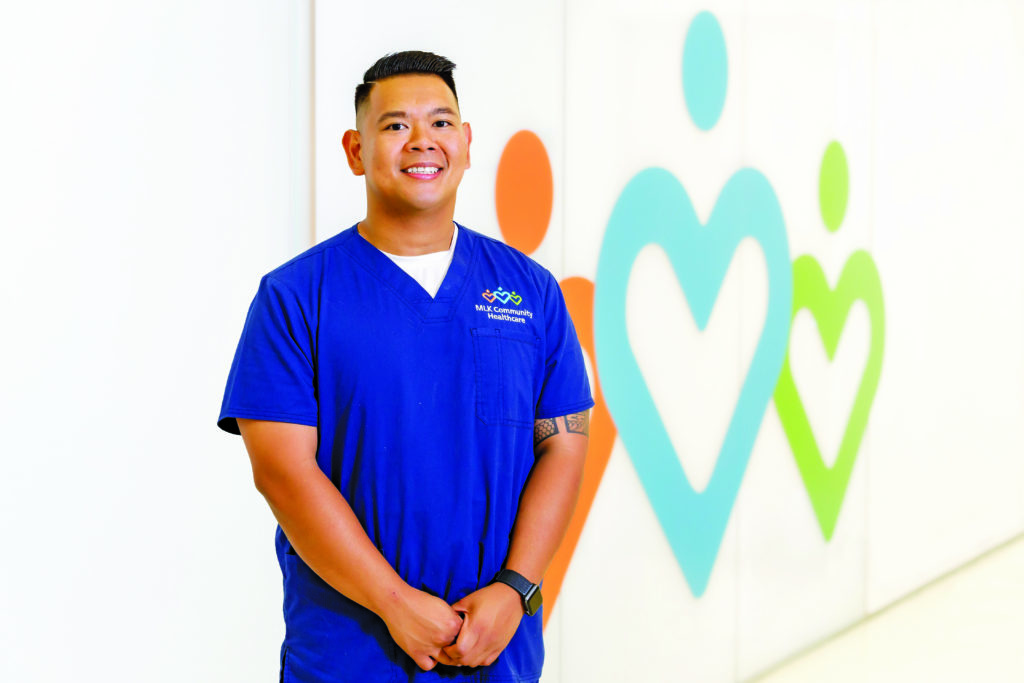 Mark Aloria, RN, BSN
Mark Aloria, RN, BSN
Clinical Unit Supervisor, Emergency Room
MLK Community Healthcare, Los Angeles
What do you want people to understand better about men in nursing?
Nurses often become targets of frustration. It’s assumed that we can easily let things go and move on to the next crisis. I wish the public understood that even though we are resilient, we are human too.
Tell us something about your specialty that makes you especially proud.
Emergency nurses must assess patients, prioritize treatments, advocate for patients and respond quickly to emergent clinical situations. We have many responsibilities and wear different hats throughout the day; I once heard my assistant manager describe the ER nurse as a “jack of all trades.” Each day is different, and the nurses must be able to adapt and respond to anything. For that, I’m proud to be part of our ED team.
What do you wish you’d known before you chose your specialty?
Working three 12-hour shifts is extremely tiring. For 12 hours, there’s no downtime and you’re constantly on your feet, running around and saving lives. The number of patients seems limitless, and often, you never actually catch up. After three shifts, I am both mentally and physically exhausted.
Tell us about your proudest professional achievement.
I recently became a clinical unit supervisor. I am learning valuable leadership, communication and critical thinking skills as I strive to be a better leader for my team.
Do you have any hobbies that help you blow off steam?
I enjoy working out in my neighborhood CrossFit gym, going on hikes, cycling with fellow ER nurses and doing Spartan races. I also enjoy AYCE Korean barbecue and drinking (in moderation) at my favorite brewery.
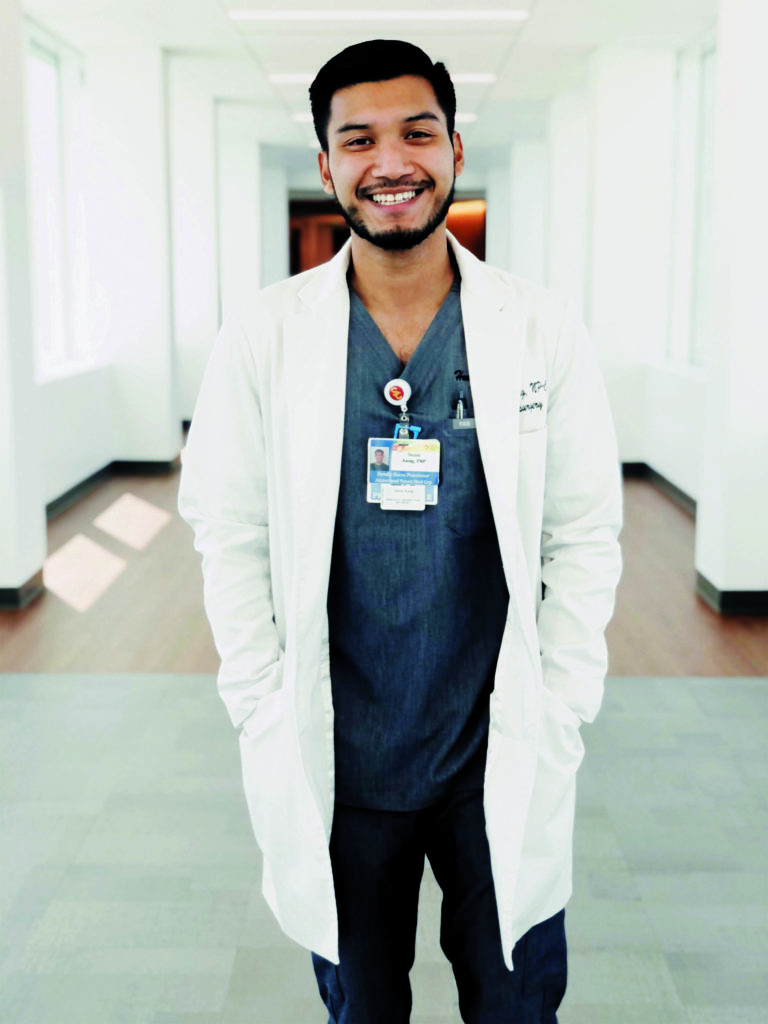 Heain Aung, FNP-C, MSN
Heain Aung, FNP-C, MSN
Chronic Kidney Disease Nurse Practitioner/Nursing Instructor
West Coast University, Ontario
What do you want people to better understand about men in nursing?
While the belief that nursing is a female-dominated profession has been fading, men who pursue nursing still face gender bias. Nurses are capable of compassion and excellent care, regardless of their gender!
Please share with us a profound moment you’ve had as a nurse.
When I started my career in the ICU, I had a patient who started slurring her speech in the middle of the night and needed to be taken to CT immediately. On the way there, she asked to hold my hand. I had been so caught up in the urgency of getting her to CT that I forgot to consider how scared she was. Nurses get so busy with our tasks that it’s easy to forget the little things that matter to our patients.
What’s a recent development in your specialty that you find especially exciting or cool?
I find the increasing role of technology exciting. A patient who formerly needed to drive more than 100 miles to see a specialist is now able to see the provider from home, which will go a long way in allowing more people to have access to quality healthcare.
Tell us about your proudest professional achievement.
In my undergraduate studies, I was able to complete my public health term in Buenos Aires, Argentina, which was one of the most enriching experiences I’ve had. Receiving my BSN and my MSN have been some of my proudest moments. I’m looking forward to furthering my education with a DNP.
Do you have any hobbies that help you blow off steam?
When the pandemic began, I picked up golf as a way to relieve stress and stay active.
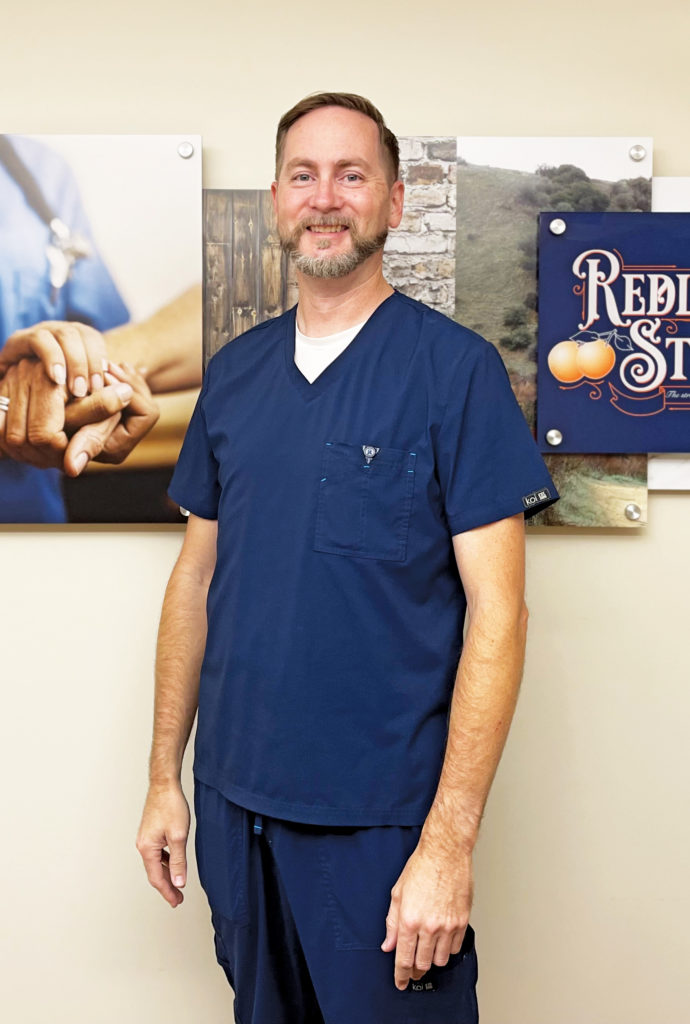 Tom Barrett, RN
Tom Barrett, RN
Emergency Department
Redlands Community Hospital
What do you want people to better understand about men in nursing?
After 30 years in nursing, I think the old stereotypes of male nurses are undetectable. Even though men still are a minority in the ED (about 20 percent), I have always felt as an equal to my peers. My fellow nurses are my brothers and sisters.
Please share with us a profound moment you’ve had as a nurse.
We had a patient who was repeatedly brought into our ED intoxicated. He was foul-mouthed, incontinent and became quite a nuisance with his repeated visits, so the staff would roll their eyes whenever the ambulance crew brought him in. However, after some investigating, I discovered that the patient had lost his son in an accident, which had broken him. He turned to alcohol to relieve his pain and profound sadness, which utterly ruined his life. It taught me not to judge too quickly because someone’s story may run much deeper than you think.
What’s a recent development in your specialty that you find especially exciting or cool?
Occasionally, you have the opportunity to literally save someone’s life. There is no better feeling in the world, let me tell you!
Tell us about your proudest professional achievement.
I am currently working towards becoming a nurse mentor. With the recent loss of several staff, I’ve felt a need to prepare, guide and educate the newer nurses. By being a mentor, I will be able to pass on the knowledge and experience I’ve gathered during my career.
Do you have any hobbies that help you blow off steam?
I love collecting old comics and artwork, gardening and doing card magic.
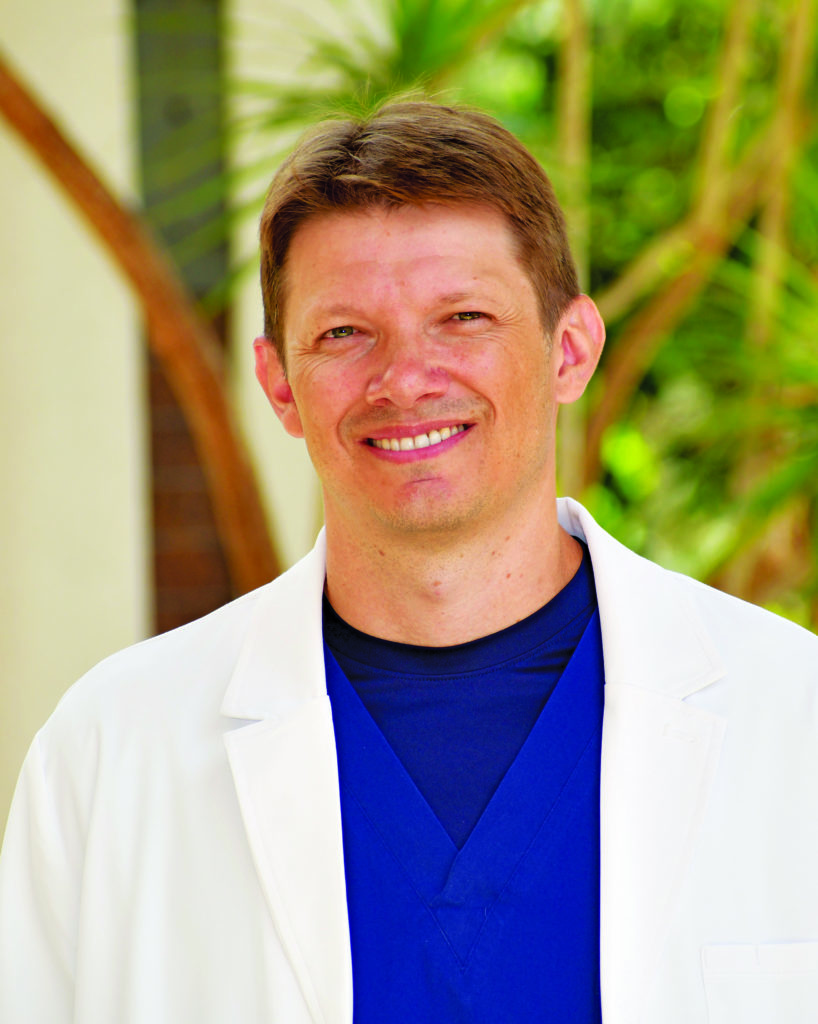 Luiz De Paula, Jr., RN, BSN, PCCN
Luiz De Paula, Jr., RN, BSN, PCCN
Program Manager, Clinical Practice & Education for Telemetry and Medical-Surgical Services
Adventist Health Glendale
What do you want people to better understand about men in nursing?
That it is a profession we are happy to be part of, and we feel honored to serve our communities.
Please share with us a profound moment you’ve had as a nurse.
When I was a telemetry night shift nurse, I had a patient whose life was nearing the end. It was sad to see that happening and not be able to change the outcome. At the end of my last shift with him, as I introduced the oncoming nurse, he pointed to me with teary eyes and tapped his chest over his heart three times. His sister gave me a hug and thanked me for the care I gave him. That same morning, he passed away. The gratitude the patient and his family displayed made me feel blessed.
What’s a recent development in your specialty that you find especially exciting or cool?
My role allows me to contribute to improvements that affect more than just one nurse or one patient. It is rewarding to know that what I do helps to produce so many positive outcomes.
Tell us about your proudest professional achievement.
Last year, I obtained my BSN and my PCCN certification. Currently, I am working towards my master’s degree, which I plan to complete within the next year.
Do you have any hobbies that help you blow off steam?
I used to play amateur soccer, but injuries prevented me from continuing. Now, I enjoy watching my favorite Brazilian team on TV and teaching my 7-year-old son how to play.
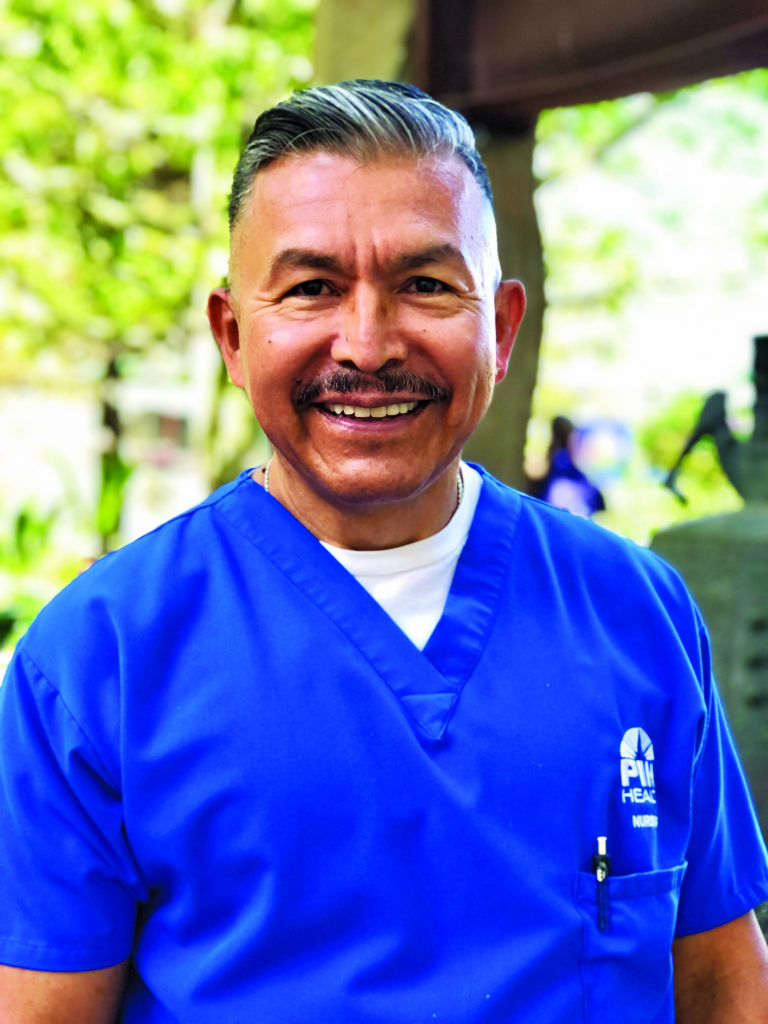 Gerardo R. Echeverria, RN
Gerardo R. Echeverria, RN
Staff Nurse, Telemetry Unit
PIH Health Good Samaritan Hospital, Los Angeles
What do you want people to better understand about men in nursing?
Sometimes, men are perceived as not being caring or gentle, a stigma that dates back to Florence Nightingale. Nonetheless, I think that we should encourage young men to look into nursing because it is a great career choice, regardless of gender.
Please share with us a profound moment you’ve had as a nurse.
As a new graduate, I lost my first patient, which made me question my own ability. Afterwards, I kept thinking back and wondering whether I had missed any signs or if there was anything else I could have done. Despite this loss, I pushed forward in my goal of providing the best possible care for my patients. That first loss also helped me gain perspective about the value of life.
What’s a recent development in your specialty that you find especially exciting or cool?
Our patients have complex medical conditions, so a patient’s condition can deteriorate at any time, which is challenging. The work is also exciting because there are always opportunities to learn something new.












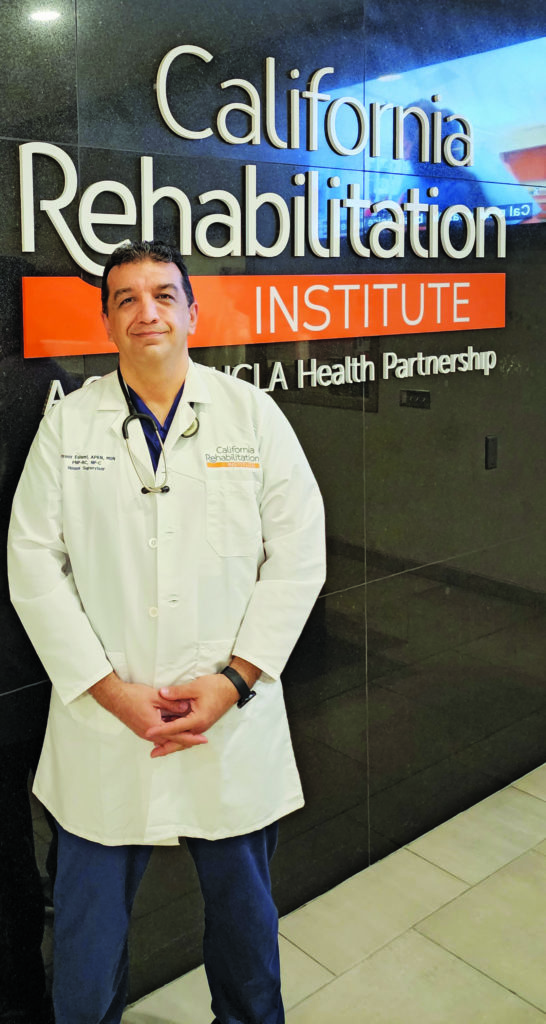 Pirooz Eslami, APRN, MSN, NP-C, FNP-BC
Pirooz Eslami, APRN, MSN, NP-C, FNP-BC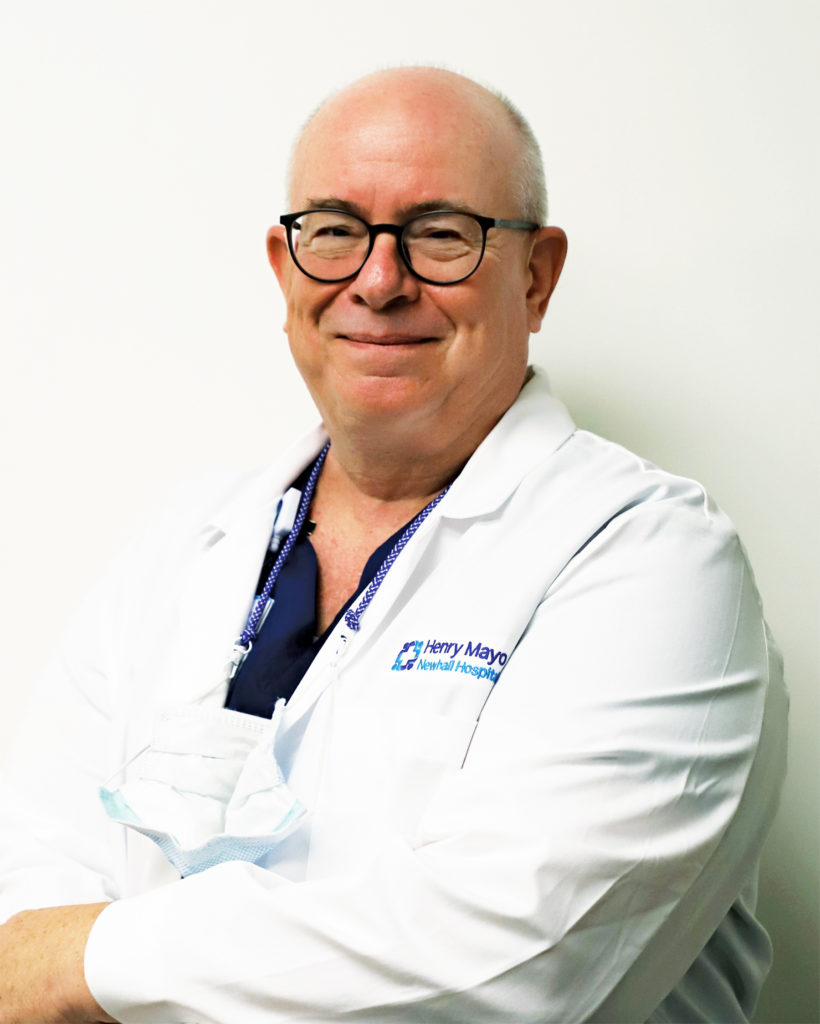 Joe Greene, RN, DNP, NPD-BC, CEN
Joe Greene, RN, DNP, NPD-BC, CEN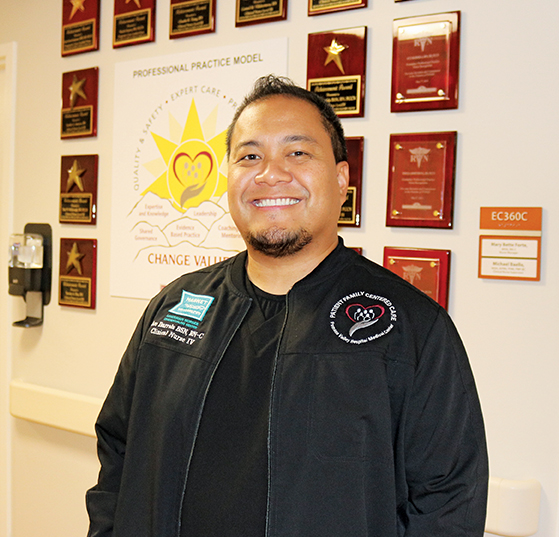 Ace Ibarrola, RN, BSN, PCCN
Ace Ibarrola, RN, BSN, PCCN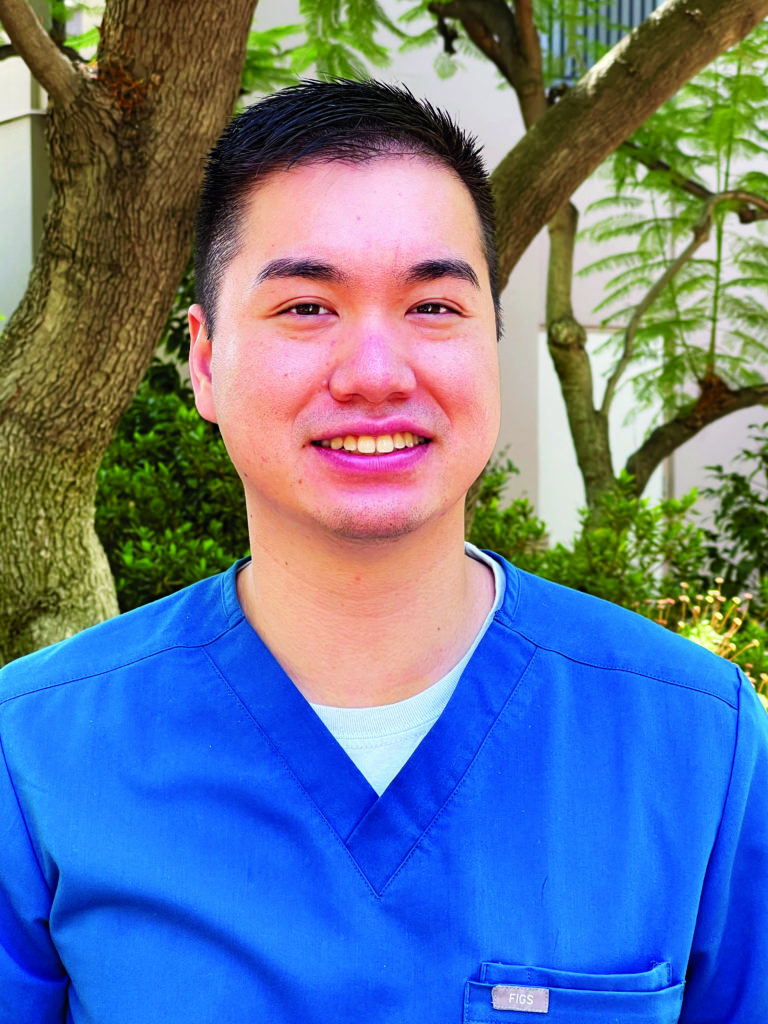 Nathan Lai, RN, BSN, MBA
Nathan Lai, RN, BSN, MBA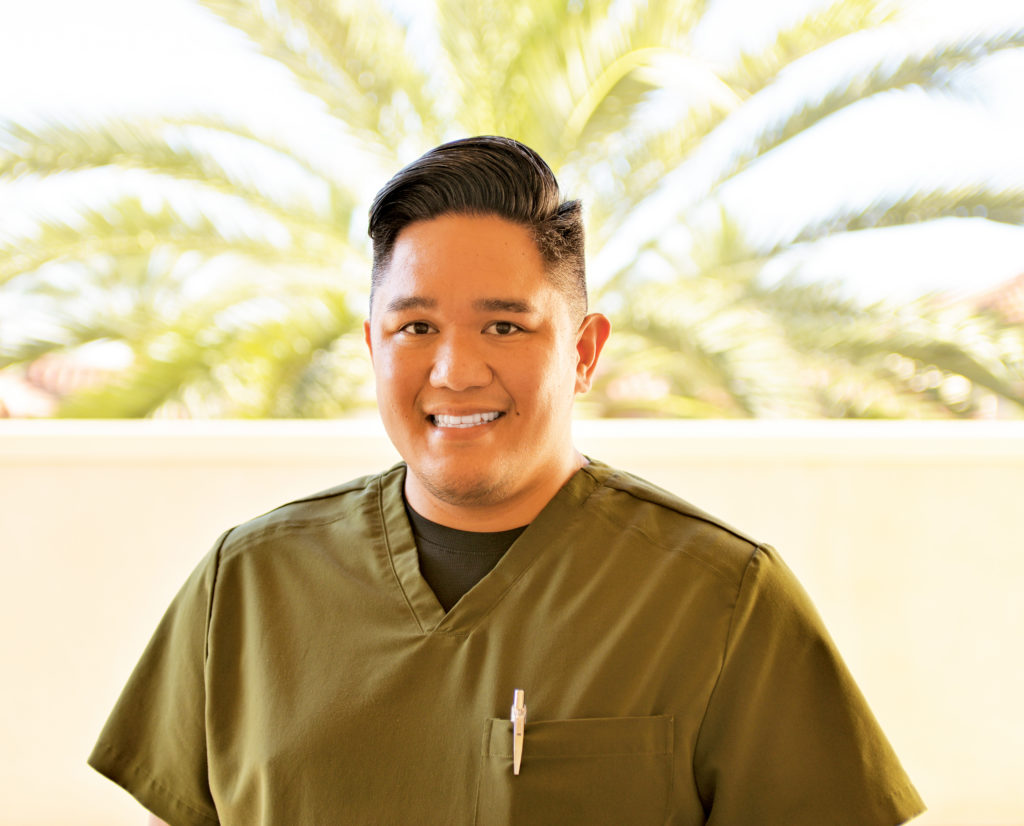 Michael Llanera, RN, BSN
Michael Llanera, RN, BSN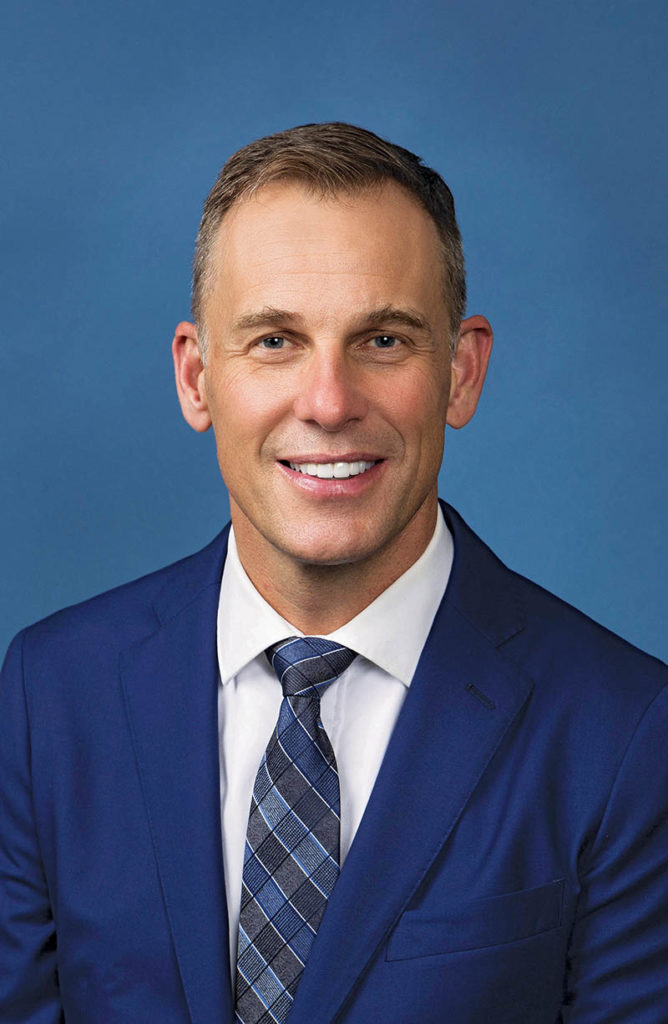
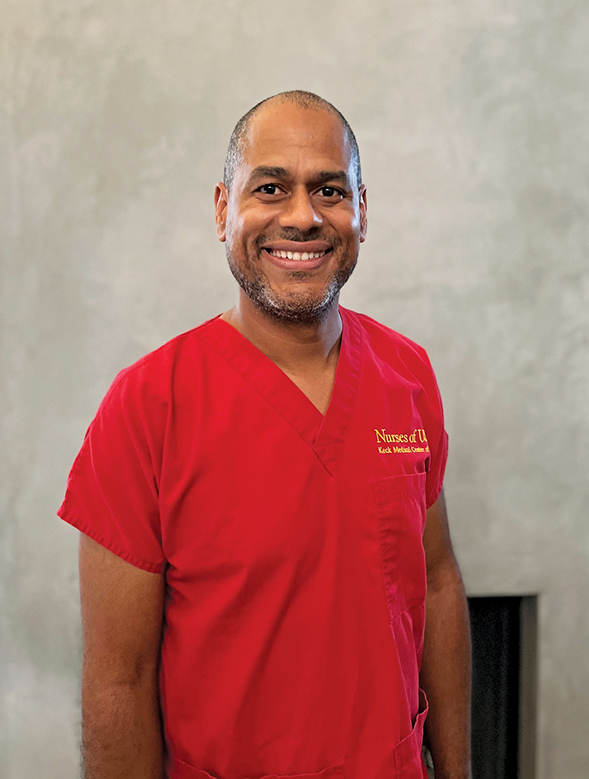 Jonathon Morales, RN, B.S.
Jonathon Morales, RN, B.S.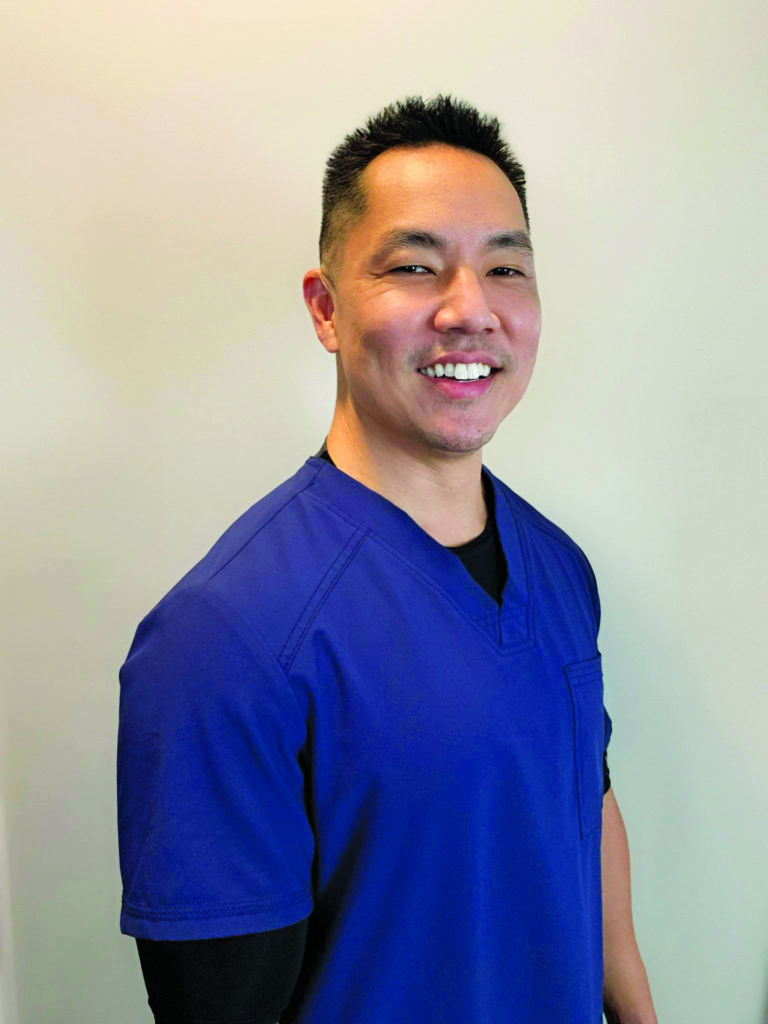 Dayne Nishijima, RN, MSN, PCCN
Dayne Nishijima, RN, MSN, PCCN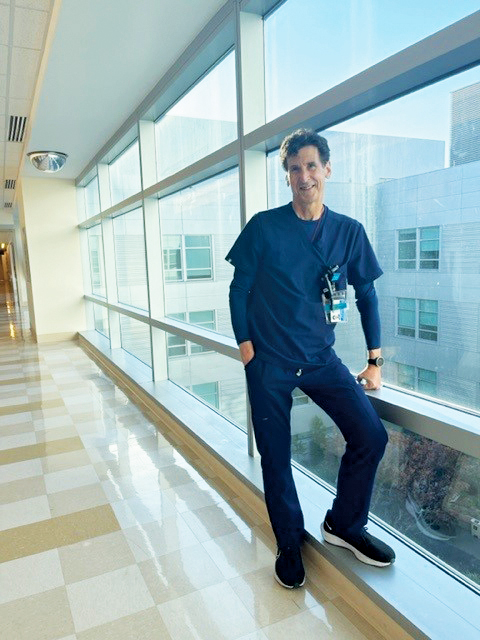 Henry Sacre, RN, BSN, PHN
Henry Sacre, RN, BSN, PHN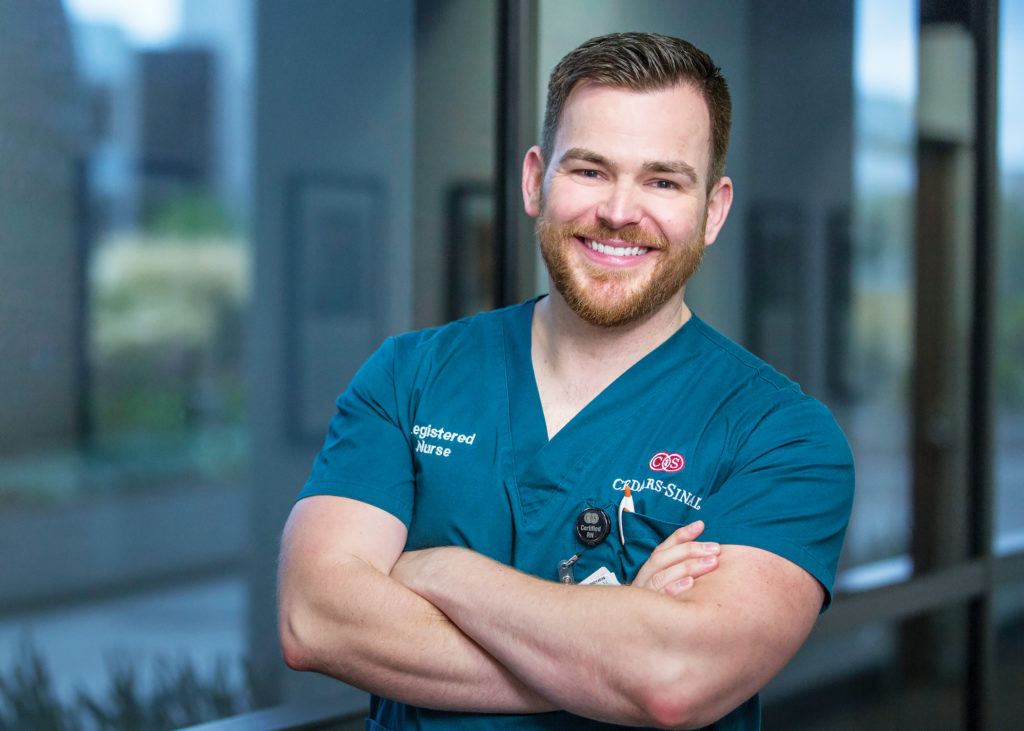 Joe J. Sanchez, RN, MSN, CCRN-K
Joe J. Sanchez, RN, MSN, CCRN-K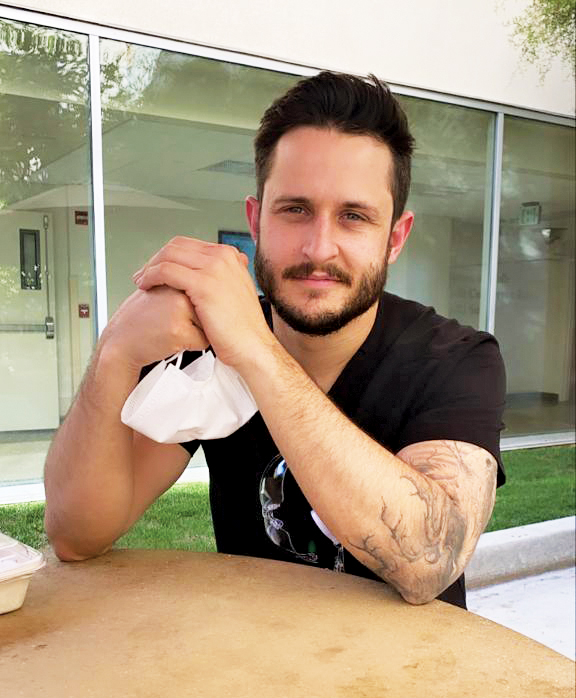 Jason Snow, RN, BSN, MICN
Jason Snow, RN, BSN, MICN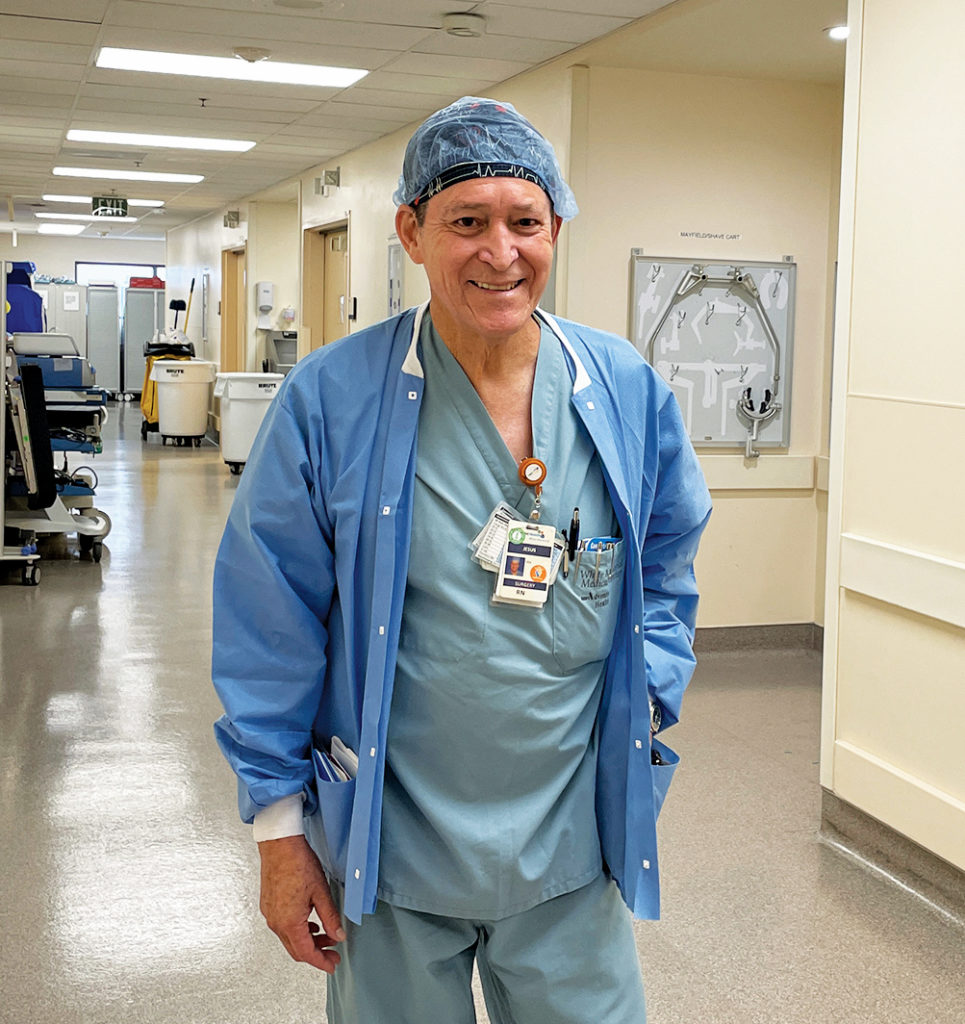 Jesus Velazquez, RN, CNOR
Jesus Velazquez, RN, CNOR